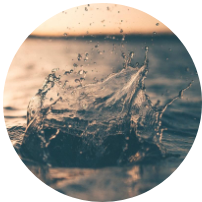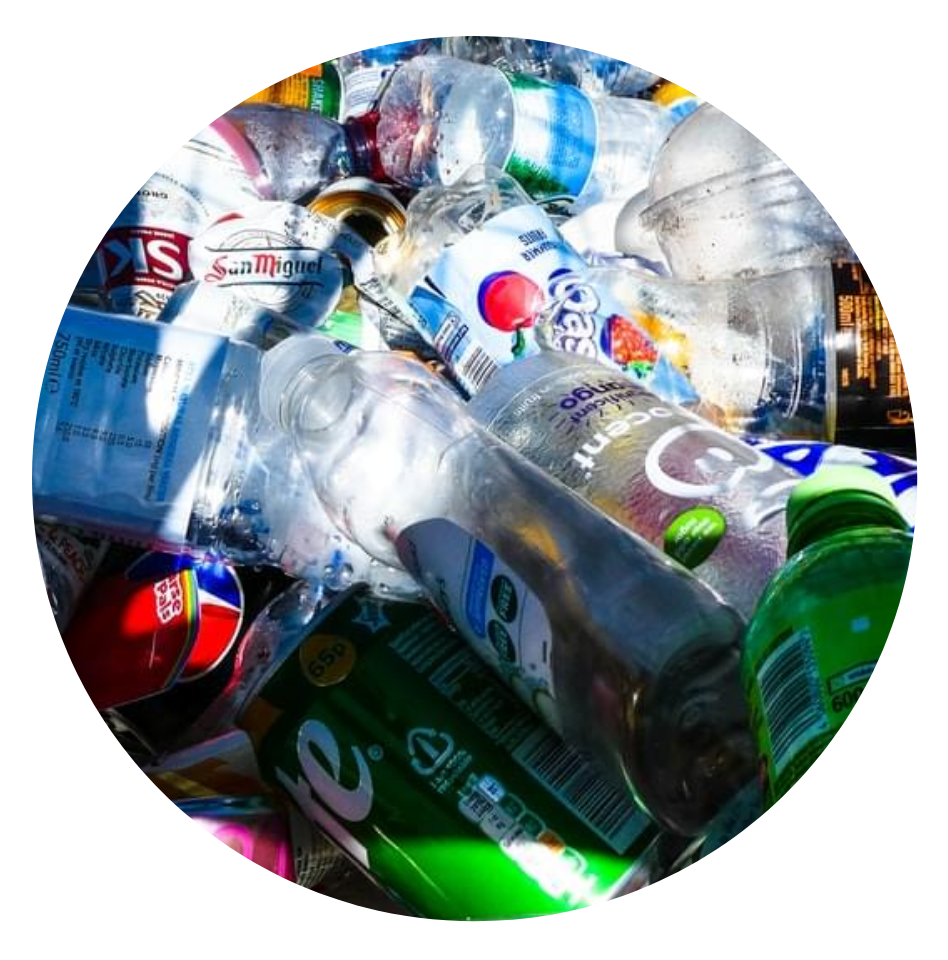The PUC, representing Latvia, cooperates with regulators of other countries in all regulated public service sectors. The PUC is active in various international organisations for cross-border cooperation whose functions are associated with planning and development of legal framework of regulation, secure and sustainable development of the internal market, as well as resolving various regulatory issues internationally.
The PUC actively participates in the European Union energy regulators’ organisations (CEER and ACER), the European electronic communications and post regulators’ organisations (IRG, BEREC and ERGP) whose common basic objectives are the consolidation and transparency of internal markets, service quality, ensuring network access and the new cross-border functions, implementation of directives in accordance with regulatory competence, as well as other specific objectives for each sector. PUC is also an active member of the European Water Regulators organisation (WAREG) and its working group dealing with waste sector (WASTE-REG) whose main objectives are exchange of information and of best practice.
TAIEX (EC Technical Assistance and Information Exchange). Starting operations in 2001, the PUC used the opportunities provided by TAIEX to successfully solve specific regulatory aspects in Latvia. At present, the PUC experts work very actively in the implementation of the EU electronic communications regulations, improvement of service quality and other directions, especially to reach the objectives for regulation of electronic communications put forward by the states of the Balkan region, and also as short-term experts in other countries.
.png) ENERGY
ENERGY
Following the initiative of the European Commission, the so-called process of regional initiatives was started in 2006 to form the European Union energy market by first developing and uniting regional markets. Seven regional electricity and three regional gas markets were formed and coordinators for each region were designated. The PUC is an active participant and coordinator of the Baltic Electricity Regional Initiative (Latvia, Lithuania, and Estonia). After the dissolution of ERGEG (the European Regulators' Group for Electricity and Gas) in May, 2011, the process of regional initiatives was taken over by ACER. The process of regional initiatives is managed by the regulators cooperating with transmission system operators and other market participants, as well as the European Commission.
Public Utilities Commission of Latvia and other Nordic and Baltic National Regulatory Authorities and Nord Pool Spot have signed a Memorandum of Understanding (MoU) with the intention to ensure obligations according to REMIT to be carried out in a consistent and efficient way. The MoU includes routines for exchange of information, notification, investigation and enforcement.
The meetings of the Baltic Electricity Regional Initiative/Electricity Market Forum (ERI) take place in each of the Baltic States on a rotating basis. The regulators, operators, energy companies and ministries of the three Baltic States actively participate in the Baltic ERI since its inception, as do the invited Nordic regulators, operators, Nord Pool Spot and representatives of other countries depending on the agenda. The last forum was held in Jurmala on June 6, 2014. The issues discussed during the forum can be found here.
_0.png) ELECTRONIC COMMUNICATIONS AND POST
ELECTRONIC COMMUNICATIONS AND POST
BALTREG
BALTREG is annual meetings of the Latvian, Lithuanian and Estonian electronic communications and postal regulators on the most topical sector issues, providing in-depth information and proposals for daily work.
NB Reg
In 2003, following the PUC’s initiative the first joint meeting of the regulators of the three Baltic States and Nordic Countries (NORDREG) took place addressing the aspects of regulation of electronic communications. These meetings take place depending on agendas.
 WATER MANAGEMENT
WATER MANAGEMENT
WAREG (Association of European Water Regulators)
PUC experts shall meet WAREG Association at least once a year. WAREG is made up of 25 Members and 5 Observers, represented by the highest bodies within national and regional public authorities. WAREG is a membership organisation that builds upon the support of its Members in facilitating proactive collaboration, knowledge exchange and capacity building activities.
 WASTE MANAGEMENT
WASTE MANAGEMENT
WASTE-REG
The Working Group is established within the framework of the Association of European Water Regulators (WAREG), taking into account the contact network of this association. It operates the Latvian regulator, in cooperation with other national regulators from the Azores (Portugal), Hungary, Italy, Lithuania, Portugal and Romania, which governs the water management and also the waste management industry at the national level. The aim of the regulators is to share knowledge, experience and promote effective and transparent economic regulation across Europe, building it on the fundamental principles of the circular economy.
.png) ENERGY
ENERGY
ERRA (Energy Regulators Regional Association) is an inter-institutional non-profit organisation unified by the shared goal of its regulatory members – from Europe, Asia, Africa, Middle East, North and South America – to improve energy regulation. ERRA fosters and facilitates exchange of data, information and experience among its members, in order to support strengthening and improving regulatory framework around the world and to promote opportunities for capacity building through its training courses, webinars, workshops and networking through the annual Energy Investment and Regulation Conference. ERRA has played a vital role in accelerating energy reform and market development in Europe and Eurasia, and its story, from the establishment to the present day, offers important lessons on how to support progress toward self-reliance in energy regulation.
ICER (International Confederation of Energy Regulators) was established in October, 2009 during the World Energy Regulators Forum. The regulators envisaged that the global character of energy issues will grow and regulators wanted to participate in solving these complicated issues. ICER members are energy regulators’ associations from six continents including CEER and ERRA the member of which is the PUC. ICER’s work is mainly organised virtually; the International Energy Regulation Network (http://icer-regulators.net/) has also been established.
.png) ELECTRONIC COMMUNICATIONS
ELECTRONIC COMMUNICATIONS
ITU (International Telecommunications Union)
The PUC participates in meetings organised by ITU depending on agenda including actively participating therein transferring experience in regulation of electronic communications to representatives of different regions on service quality, scarce resources, significance of regulators for market supervision, authorisation regime and others.
.png) Post
Post
UPU (Universal Postal Union)
The PUC participates in the UPU congresses and expresses Latvia's opinion on regulatory issues of the postal sector.
.png) OTHERS
OTHERS
OECD NER (Network of Economic Regulators of the Organization for Economic Co-operation and Development)
The Regulator is actively involved in the Network of Economic Regulators established in 2014, thus supporting Latvia's co-operation with the OECD, which is one of Latvia's foreign policy priorities. In 2015, a peer review of the Regulator was launched by the OECD, which was completed in September 2016, providing recommendations for the Regulator's future activities both from the aspect of institutional strengthening and on regulatory issues. The Regulator started implementing the recommendations and continues to improve its work. The OECD recommendations have also been enshrined in the Law on Regulators of Public Utilities. In June 2021, the OECD’s work on the evaluation of the Regulator's performance was successfully completed, reflecting the progress in the development of the Regulator's performance after 2016. We invite you to get acquainted with the OECD assessment on the OECD website.
.png) ELECTRONIC COMMUNICATIONS
ELECTRONIC COMMUNICATIONS
The Memorandum of Cooperation with the Ukrainian Communications Regulator
The PUC signed the Memorandum of Cooperation with the Ukrainian National Commission for the State Regulation of Communications and Informatization on February 19, 2010. Within the framework of the Memorandum, the PUC has regularly shared experience on transposition of the EU legal acts, service quality, scarce resources, markets and regulation thereof and others. The PUC’s participation in a Twinning project started in 2011 in consortium with Spanish and Swedish regulators has also furthered the achievement of the objectives of the Memorandum of Cooperation.
